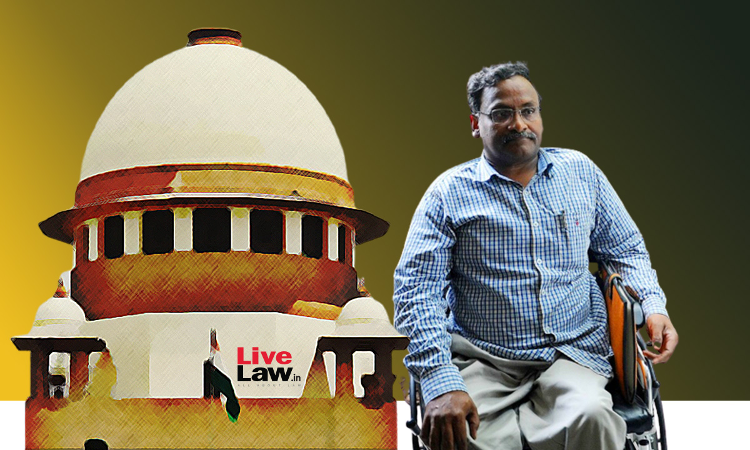The Supreme Court, on Saturday, suspended the Bombay High Court's order discharging former Delhi University professor G N Saibaba and five others in alleged Maoist links case. After a nearly two-hour long hearing in a special sitting held on Saturday, a Bench comprising Justices M.R. Shah and Bela M. Trivedi passed the order while issuing notice on the appeal preferred by the State...

